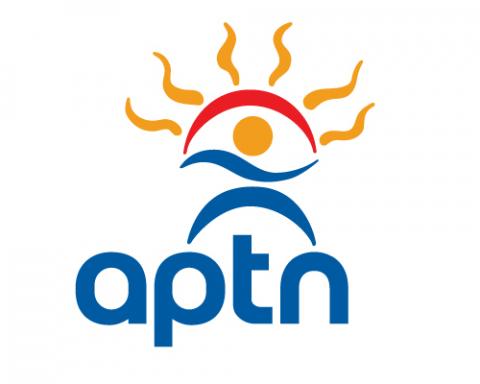When it comes to corporate culture, most CEO’s can do a reasonable job of talking the talk. They can explain why corporate culture is important and point to glossy posters listing their company’s values. But, generally speaking, the state of the corporate culture is not a business indicator that executives lose sleep over.
For Myrna Bittner, the Chief Executive Officer of Runwithit Synthetics, however, corporate culture is as important a factor as profit and loss and customer satisfaction. Myrna believes that culture is integral to both the quality and the content of the services Runwithit provides. Far from being a fluffy, feel-good optional asset, Myrna sees Runwithit’s culture as a key competitive advantage and she devotes considerable energy and resources to nurturing it.
Runwithit operates in the highly sophisticated technology niche of synthetic intelligence (SI). Synthetic data is information that is artificially generated rather than generated by real world events. Synthetic environments provide a complete, realistic, at-scale replication of the real environments in which the increasingly complex systems of the modern world operate. Developers of these complex systems use SI to de-risk large projects, accelerate development, chart the implications of growth and validate innovation.
A roster of international clients uses Runwithit’s services. For example;
- The company works with a wireless company to determine the impact of actual field conditions like radio frequency noise and building construction on new, smart wireless services.
- In the transportation sector, Runwithit works with a major provider of weigh station bypass systems
to ensure that the company can meet its service level agreement commitments in all conditions on
the American highway system in a period of 1000% growth.
- Runwithit helps a leader in the field of satellite, set-top boxes and live media delivery accelerate service development, inform design and improve disaster recovery systems.
“Our approach goes beyond the mathematical models used by most SI companies,” Myrna explains. “It is more experiential. Companies come to us when they are facing a potential risk due to rapid growth or innovation. We bring their complex systems to life and show the opportunities and challenges waiting for them in the real world.”
This business model is naturally oppositional. It requires a capacity to create environments for complex systems that the development team may not have imagined. It requires a team of systems professionals unconstrained by pre-existing processes who can truly “think different.” Myrna notes, “Complex systems struggle to life, no matter how sophisticated their development teams are. We knew we had to define ourselves as something completely different from the systems culture that pervades the industry…that may have created the product or service in the first place.”
So, when she established the company in 2014, Myrna set out to establish a distinctly different culture from those she had encountered throughout her career as a systems professional. She knew that to seize the opportunities her business model indicated, her company needed to explicitly prize thoughtful, inventive, curious, independent thinkers who, by second nature, would look at all problems differently.
Establishing this culture starts with a careful approach to recruiting, hiring and on-boarding. A deliberately cryptic standing ad serves notice of vacancies. The language is designed to intrigue and attract applicants who can demonstrate the cultural attribute or curiosity. Because the capacity to collaborate is business-critical, group interviews with prospective recruits are the norm. And because of the importance attached to the other cultural attributes, on-boarding a new team-member is seen as an opportunity for the normally dispersed team to meet one another and the newbies.
Myrna justifies the care taken here because she believes the stakes are high. “Culture plays such an important role in enabling us to accomplish the ridiculously complex things we do everyday,” she said. “I someone wasn’t a cultural fit, it would put all of our work in jeopardy.”
On a day-to-day basis, the team collaborates exclusively online with clients and with one another. But a daily “stand-up” is mandatory, bringing the whole team together to report on progress and share stories. They are also an opportunity to reinforce the cultural attributes they all share.
Though the team is still relatively small, Myrna believes the culture is sustainable as the business grows. “We are curious, thoughtful and deliberate,” she said. “This creates its own sustainable snowball because the clients we attract are often curious and thoughtful themselves. They really appreciate the perspective that we bring. Sometimes they haven’t been able to cultivate this way of thinking in their own organizations and they value it
in us.”
This piece was written by Lynda Leonard and is an excerpt from WCT's latest report Where Are The Women in ICT in Alberta?. Learn more about WCT's research and advocacy.





